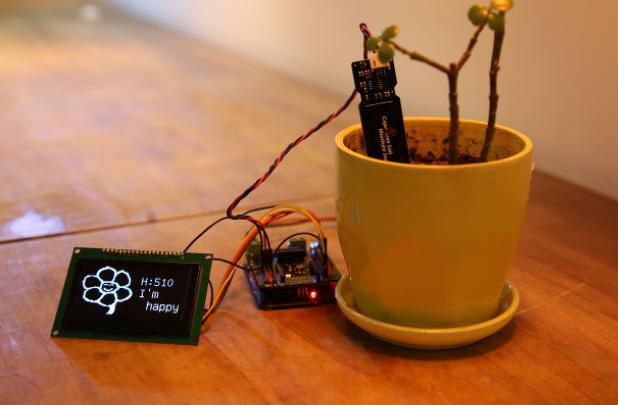What is a Moisture Sensor?
A moisture sensor is a device that is used to measure the water content in the atmosphere. It does this by detecting the capacitance between two electrodes. This information can be used to determine the level of humidity in an area.
Moisture sensors are often used in industrial and agricultural settings. They can be used to monitor the levels of humidity in a factory, greenhouse, or other enclosed space. This information can be used to make adjustments to the environment, such as turning on fans or opening windows, in order to maintain a desired level of humidity.
Moisture sensors are also used in agricultural settings to monitor soil conditions. They can be used by farmers to determine when it is best to plant seeds or water crops.
How to Use the Moisture Sensor?
This sensor is typically used in building projects where there are high humidity changes. It is also used for moisture control in greenhouses, air conditioning, and fog detection. The sensor is able to detect the level of water in a given area. The amount of water vapor in an atmosphere is measured by measuring the capacitance between two electrodes. This device can be used as a warning sign for areas that have high amounts of humidity, which may lead to serious damage if not corrected. The sensor will help to monitor and control the humidity levels in a variety of settings. It is also a cost-effective way to manage moisture levels.
The moisture sensor has been used in many different industries, including building, agriculture, and horticulture. The sensor can help to maintain a comfortable environment by monitoring the humidity levels. In addition, it can help to save money by identifying problem areas that may have high humidity. This sensor is one of the most versatile among similar devices that measure moisture levels.
The Importance of Using a moisture sensor in Your Home or Business
The need for the moisture sensor is important because it will allow you to determine whether there are areas in your home or business that are too damp. This will help prevent problems like mold, which can be very difficult to remove once established. Additionally, a moisture sensor can help you save money on your energy bills. By detecting and fixing any leaks in your home, you can keep the humidity levels down and make your air conditioner work more efficiently.
If you are thinking about installing a moisture sensor in your home, there are a few things you need to consider. The first is the size of the area you want to monitor. The sensor will need to be in direct contact with the air in order to get an accurate reading. Secondly, you need to decide where you want to place the sensor. Some people prefer to put it in the basement since that is often where humidity levels are highest. Others choose to place it in the living areas of the home.
Once you know how you want to use your moisture sensor, it is time to look at different models on the market. Many of them operate on batteries that need to be replaced regularly, but some models can also be connected directly into an electrical outlet for lasting power. If you are concerned about safety, make sure you choose a moisture sensor that has an automatic shut-off feature. This will turn the monitor off if it is disconnected from the power supply, so your area will not be vulnerable if there is a leak in its wiring.
For more information about the SHT30-DIS-B moisture sensor is here!
https://www.easybom.com/blog/a/an-introduction-of-the-sht30-dis-b-moisture-sensor



No comments yet